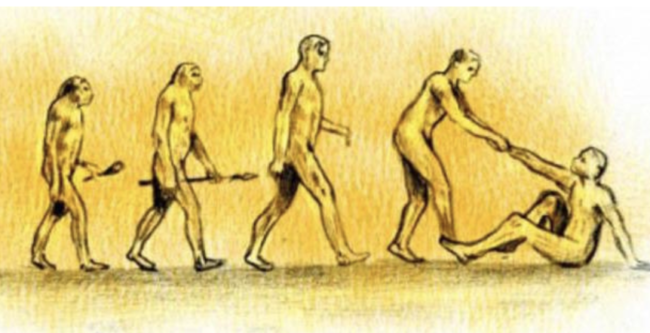One of the few classes at Fieldston to be offered for credit across multiple disciplines, “Ethical Issues in Science” explores the process of moral thinking and how to apply it to historical and contemporary events. The course teaches students to consider situations both critically and emotionally, and students can choose from a range of topics to study, such as genetic modification, human test subjects, pharmaceutical development and environmental controversies. As a member of the class, I have enjoyed our discussions about the values that drive choices made in the scientific world.
I had the opportunity to speak with Ms. Repole about her involvement with the class and the topics we covered. She explained that when she began teaching the course, it was called “Current Topics in Science,” eventually becoming Ethical Issues in Science. As a former attorney, Ms. Repole discovered the numerous parallels between moral reasoning and law school training while researching the subject of ethics. She expressed that teaching ethics “is not about teaching a person right from wrong, it’s about the practice of how to apply reasoning skills to what are essentially emotional responses.”
In the first month of school, we studied the role of biology and culture on human development and behavior. Ms. Repole emphasized that the answer to the nature versus nurture debate is always both. “Humans have a genetic predisposition, which sets us up for social communities and ethical reasoning. But we also have the cultural overlay which can either nurture these tendencies or extinguish them,” she explained.
Hundreds of thousands of years ago, humans evolved to be social creatures because being part of a community improved the likelihood of survival. Our empathy stems from mirror neurons, systems in the brain that understand other people’s intentions and behavior. Mirror neurons allow us to predict and emulate the actions of others and feel their emotions.
In Ethical Issues in Science, we saw examples of altruism in babies and toddlers resulting from their mirror neurons. At an infant cognition center, babies were shown puppet shows involving a character exhibiting kind behavior and a character exhibiting mean behavior. When presented with both puppets, 87% of the infants chose the “good” character, even when tempted with snacks from the “bad” character. Another experiment showed how toddlers decided to help an adult struggling to reach an object on the floor and even left the toys they were playing with to do so. However, when the toddlers were given material rewards for helping instead of simply the adult’s appreciation, they stopped helping when the prize wasn’t involved.
These experiments show children’s innate ability for morality, as well as the capacity for their life experiences to promote or suppress that ability. When individuals are discouraged from compassionate behavior or taught to value extrinsic benefits over intrinsic motivation, they lose the impulse to lend a hand to others. So, encouraging the growth of ethical reasoning skills is essential for optimal development. As Ms. Repole puts it, “We should look at education and culture as an opportunity to improve upon the basic good nature that we have already inherited.”






